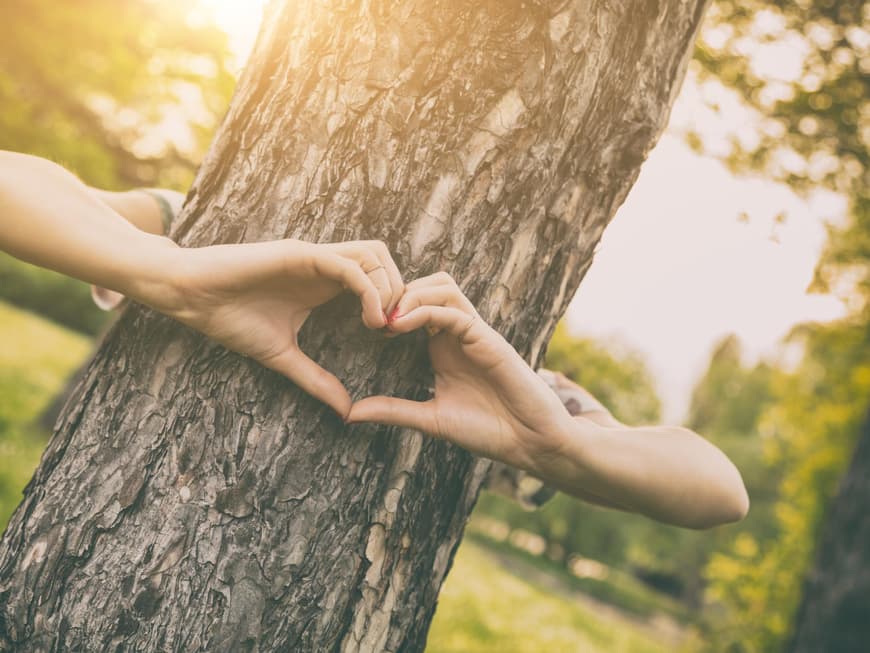
Living an environmentally conscious life is not that difficult. There are a few simple things that each of us can incorporate into our everyday lives. We explain seven common environmental myths and ask ourselves: Is it actually true that ...
... we should always buy fruit locally?
This is not always true. Buying fruit from the region is only good for the environment if it is not stored in cold stores. However, this is only the case during the harvest season and shortly afterwards. It is therefore best to always buy fruit and vegetables seasonally. The carbon dioxide impact of transporting goods from overseas is lower than the energy-intensive storage of local fruit.
... it is more environmentally friendly to wash the dishes by hand?
No, because rinsing individual items under hot running water uses more energy and water than using the dishwasher. It makes most sense to always fill the machine completely, avoid pre-washing and select an economy program at a low temperature. So here we can choose the more convenient cleaning option - and with a clear conscience.
... we should rather use glass bottles?
More important than the distinction between plastic and glass is the difference between disposable and reusable. According to a study by Deutsche Umwelthilfe, disposable bottles travel around twice as many kilometers from production to the customer and from there to disposal as reusable bottles. They are also refilled up to 50 times.
... when you go out: lights out?
Not quite true: if you only leave the room for a few minutes, you should leave the light on. Even energy-saving light bulbs consume as much energy when they are switched on as they need for three to five minutes of operation afterwards.
...saving water is important?
"Don't leave the water running when brushing your teeth", is often said. After all, it's worth saving water in the household - for our own pockets. But if too little water flows through the sewer system to keep the pipes clear, the waterworks have to flush it out. That doesn't help anyone.
... Paper is better than plastic?
Of course, plastic is the number one polluter. It doesn't decompose, pollutes the oceans and has deadly consequences for animals. That's why we should avoid plastic bags altogether if possible and opt for unpackaged goods in the supermarket. Although paper bags degrade, they require a lot of energy, water and chemicals to produce. The best solution is therefore to use reusable jute or cloth bags.
... the short wash program saves energy?
No! In order to achieve a good cleaning result faster than usual, a lot of energy is consumed in the short program. The so-called Eco programs are the most economical. They run for up to three hours. This gives the detergent more time to work, so that lower temperatures are sufficient for thorough cleaning. It is therefore better to avoid the short program from now on.
